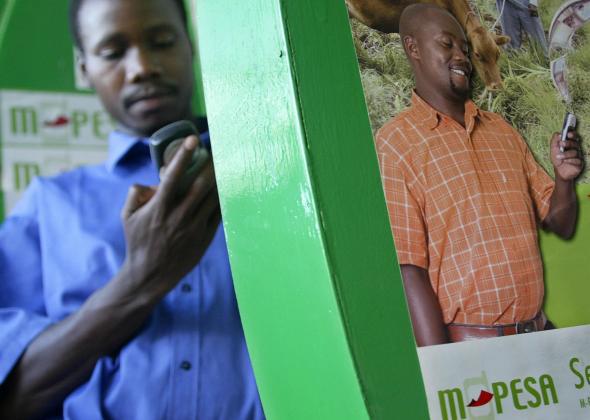Anti-corruption groups like the people behind India’s Ipaidabribe.com have tried to harness technology in order to track and shame offenders. But the beneficiaries of corruption are keeping an eye on tech trends as well.
Kenya is one of the world’s leaders in mobile phone cash transfers. Originally designed for the repayment of microfinance loans, systems like the popular M-Pesa now let people do everything from send money home, to settle bills, to pay for taxi rides right from their cellphones, and a number of other countries have adopted systems based on the Kenyan model.
Perhaps not surprisingly, some less savory characters are also finding innovative uses for theses systems. Balancing Act Africa writes:
Recently, the Kenya Anti-Corruption Commission… warned that the level of corruption by traffic police officers remained high, thanks to advances in technology.
Detectives at the commission unearthed a new method by which corrupt officers receive bribes via mobile phone-based technology, like M-Pesa and Sokotele. Some of the cases under investigation show bribery is rampant among traffic police officers and those manning weighbridges.
It was discovered after officers on such assignments were found to be regularly receiving money through cashing agents of mobile phone companies. Regular senders were found to be matatu drivers and conductors, according to a KACC detective who spoke to the Nation.
The next step is clearly Bitcoin.
